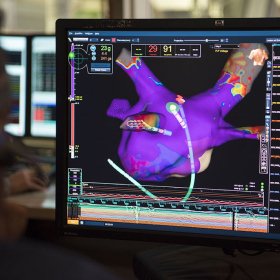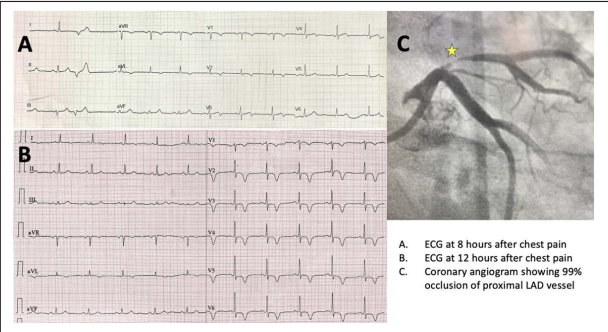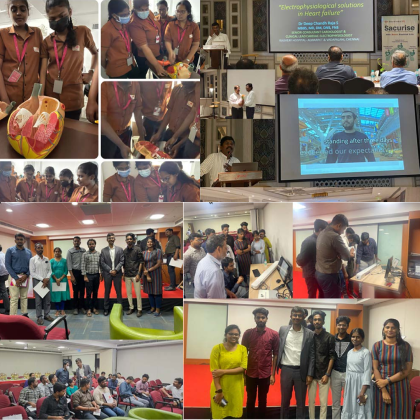Services

Atrial Fibrillation Management: Expert Care for a Healthier Heart
Atrial Fibrillation (Afib) is a common yet serious heart rhythm disorder that requires precise diagnosis and personalized treatment. Dr. Deep Chandh Raja, a renowned cardiologist in Chennai, specializes in managing heart rhythm disorders, including Afib, helping patients lead healthier, more fulfilling lives.
What is Atrial Fibrillation (Afib)?
Atrial Fibrillation is a condition where the heart’s upper chambers (atria) beat irregularly and rapidly due to chaotic electrical signals. This disrupts the heart’s ability to pump blood effectively, increasing the risk of complications such as blood clots, stroke, and heart failure.
Types of Atrial Fibrillation
- Paroxysmal Afib: Episodes that start suddenly and resolve on their own within 48 hours.
- Persistent Afib: Episodes lasting more than seven days, often requiring treatment to restore normal rhythm.
- Permanent Afib: A chronic condition where the irregular rhythm persists despite treatment.
- Lone Afib: Occurs in individuals without underlying heart disease or identifiable risk factors.


Symptoms of Atrial Fibrillation
- Irregular or rapid heartbeat (palpitations)
- Fatigue and reduced energy levels
- Light-headedness or fainting
- Shortness of breath, especially during physical activity
- Chest pain or discomfort
Some individuals may experience silent Afib, with few or no symptoms, making timely diagnosis and treatment even more critical.
Causes and Risk Factors
Common Causes:
High blood pressure
Coronary artery disease
Overactive thyroid (hyperthyroidism)
Sleep apnea
Lifestyle factors such as stress, excessive alcohol, or caffeine consumption
Risk Factors:
Age over 60
Family history of heart disease
Uncontrolled hypertension or diabetes
Sedentary lifestyle, smoking, or heavy alcohol use
Complications of Untreated Afib
If left unmanaged, Afib can lead to:
Stroke: Blood clots formed in the heart can travel to the brain.
Heart Failure: The heart’s reduced efficiency can cause fluid buildup in the lungs and other organs.
Cognitive Decline: Chronic Afib may increase the risk of dementia.
Diagnosis of Atrial Fibrillation
Dr. Deep Chandh Raja uses advanced diagnostic tools to confirm Afib, including:
Electrocardiogram (ECG): Detects irregular heart rhythms.
Holter Monitoring: Tracks heart rhythm over 24-48 hours.
Echocardiogram: Assesses the heart’s structure and function.
Stress Test: Evaluates heart performance during physical activity.
Blood Tests: Identifies underlying causes like thyroid disorders.
Treatment Options for Afib
Dr. Deep Chandh Raja provides personalized treatment plans tailored to each patient’s needs. Treatment options include:
Medications: Blood thinners, beta-blockers, and antiarrhythmic drugs to control heart rate and rhythm.
Electrical Cardioversion: A controlled electric shock to restore normal rhythm.
Ablation Therapy: A minimally invasive procedure to correct faulty electrical pathways.
Pacemaker Implantation: For patients with slow heart rhythms or recurrent Afib.
Preventing Atrial Fibrillation
Proactive steps to reduce your risk of Afib include:
Regular exercise to maintain cardiovascular health.
A heart-healthy diet rich in fruits, vegetables, and whole grains.
Limiting alcohol and caffeine intake.
Managing chronic conditions like hypertension and diabetes.
Regular check-ups with a trusted cardiologist.




